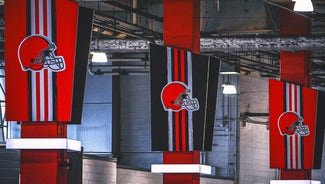





































































































































Column: College playoff looks a lot like Super Bowl
The College Football Playoff was supposed to resolve arguments over who was No. 1 and provide fans with great moments - just as the NCAA men's basketball tournament has been doing for decades.
With more than week of buildup that includes everything from players suspended for bad behavior to a massive media day, the event the playoff resembles most isn't the Final Four, but the Super Bowl.
The first playoff games were a box office smash, earning tens, if not hundreds, of millions of dollars. Sponsors lined up to get a piece of the action, while in Las Vegas it was all action as the two games raked in the kind of money that only the NFL drew before.
And now exhibit No. 1 is Monday's title game, which is different from the Super Bowl in just one way: The players won't be paid a dime.
That will likely be changing, thanks to former UCLA basketball star Ed O'Bannon and the judge in Oakland who ruled that players on big time football and basketball programs should get at least $5,000 a year for the rights to televise their names, images and likenesses. Barring a successful appeal by the NCAA, players enrolling after July 1, 2016 will get the money deposited in a trust fund for when they're done playing ball.
At that trial this summer, all sorts of dire pictures were painted about what paying the players might do to college sports. On the witness stand, the women's athletic director at University of Texas said she was sure her institution would draw the line at money flowing to athletes because it went against the spirit of amateurism.
Big Ten commissioner Jim Delany went even further, saying the Rose Bowl could be canceled if players got too uppity.
''These games are owned by the institution and the notion of paying athletes for participation in these games is foreign to the notion of amateurism,'' Delany said.
Well, guess what? The notion of amateurism was destroyed long ago, when pay for coaches began climbing into the millions and everyone but the athletes started making money off of games.
If anyone was still clinging to the idea that somehow big time college sports aren't also big time business enterprises, the new playoff system - with the $7.3 billion in guaranteed TV money over the next 12 years - offers plenty of evidence otherwise.
But it's not just about paying players. It's about putting to rest the pretense that football - at least in the top five power conferences - is anything but a big business run to keep alumni dollars flowing into universities and provide the NFL with a minor league system at little or no cost to the league.
It certainly is at Florida State, where school officials kept star quarterback Jameis Winston eligible despite a woman's repeated claims - no charges were filed - that he sexually assaulted her. Winston was given a slap on the wrist for the theft of crab legs from a grocery store and for making vulgar comments about female anatomy on campus, but winning a national championship for the school trumped everything.
If that wasn't NFL-like, how about the case of former Georgia defensive lineman Jonathan Taylor, who was dismissed from the team in July after he was charged with punching and choking his girlfriend. Taylor was indicted by a grand jury in November, but that didn't stop Alabama from signing him in its latest class of NFL prospects.
Now two Oregon players are suspended for testing positive for recreational drugs. If we didn't know better, it would look suspiciously like an NFL trifecta.
College sports have changed, at least at the top levels. Big conferences make their own rules, the NCAA has been marginalized, and traditions have been tossed aside in the mad and ever continuing chase for television money.
The new football playoffs are all part of that, giving us something that looks suspiciously like a Super Bowl from the stadium it is held in to the time in between the semifinals and the title game. They magnify the hypocrisy among those who claim they want college sports at their purest, but then sell out to the highest bidder.
On Monday night, the toughest thing might be trying to find out where the real amateurs are.
-----
Tim Dahlberg is a national sports columnist for The Associated Press. Write to him at tdahlberg(at)ap.org or http://twitter.com/timdahlberg
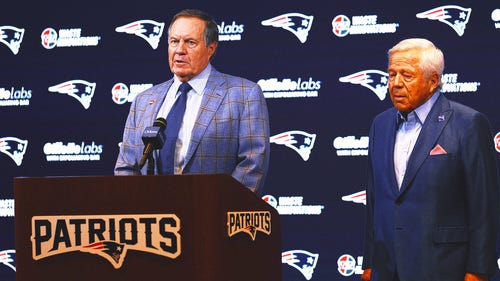
Robert Kraft reportedly warned Falcons 'not to trust' Bill Belichick
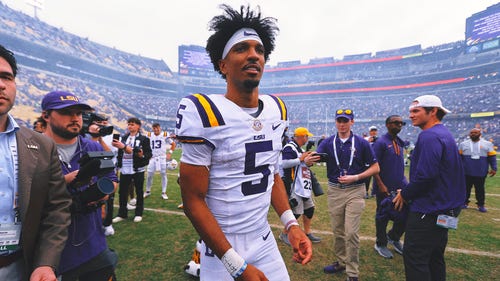
2024 NFL Draft odds: Washington rumors shift Jayden Daniels' 2nd pick odds
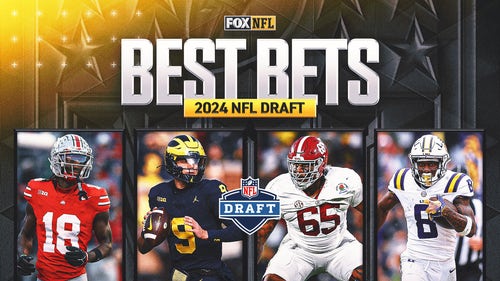
Wager on J.J. McCarthy to go No. 4 in NFL Draft, other best bets
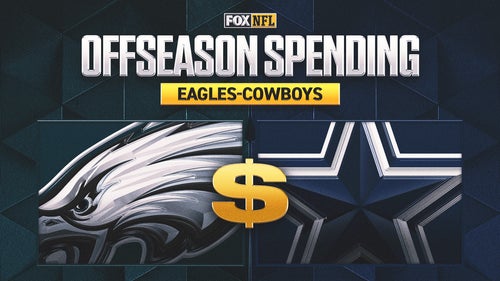
Eagles keep showing the Cowboys what 'all in' really means
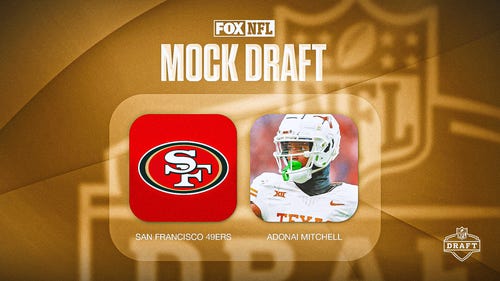
2024 49ers 7-round mock draft: Will San Francisco draft Brandon Aiyuk's replacement
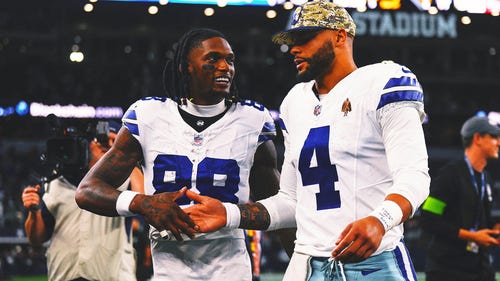
Stephen Jones: Cowboys holding 'money back' to save for star player extensions
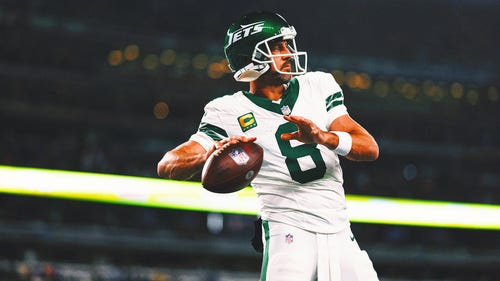
Jets introduce new uniforms with rebranded look, paying homage to 'Sack Exchange' era
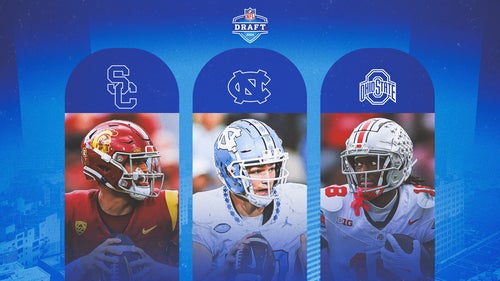
2024 NFL Draft prospect rankings: Top 100 led by Caleb Williams

2024 NFL Schedule Release: Date, when does the season start?


Robert Kraft reportedly warned Falcons 'not to trust' Bill Belichick

2024 NFL Draft odds: Washington rumors shift Jayden Daniels' 2nd pick odds

Wager on J.J. McCarthy to go No. 4 in NFL Draft, other best bets

Eagles keep showing the Cowboys what 'all in' really means

2024 49ers 7-round mock draft: Will San Francisco draft Brandon Aiyuk's replacement

Stephen Jones: Cowboys holding 'money back' to save for star player extensions

Jets introduce new uniforms with rebranded look, paying homage to 'Sack Exchange' era

2024 NFL Draft prospect rankings: Top 100 led by Caleb Williams

2024 NFL Schedule Release: Date, when does the season start?
